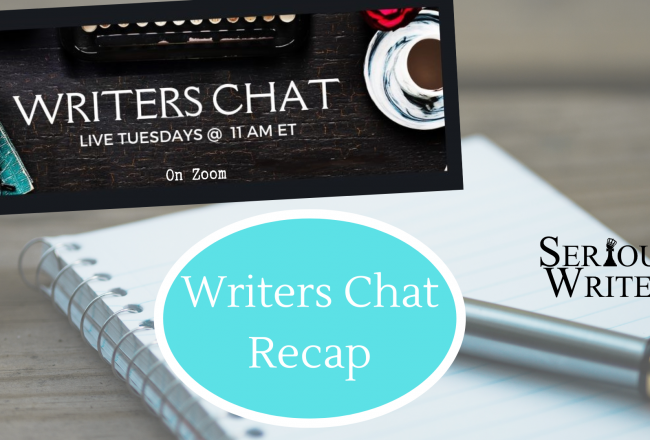
Sci-Fi Military Technology
Last month we talked about military technology and how it can be just as important in a fantasy book…
April 3, 2016
Last month we talked about military technology and how it can be just as important in a fantasy book…
April 3, 2016
“For we are to God the aroma of Christ among those who are being saved and those who are…
April 2, 2016
Good content is critical for a writer but how that content is presented is also important. In Brand Basics…
April 1, 2016
I traveled to Hyderabad, India recently and we had one day of sightseeing and shopping in the city. This…
March 31, 2016

I recently downloaded Sara Groves’ excellent album (CD? What do we call it these days?) Floodplain, and one of…
March 27, 2016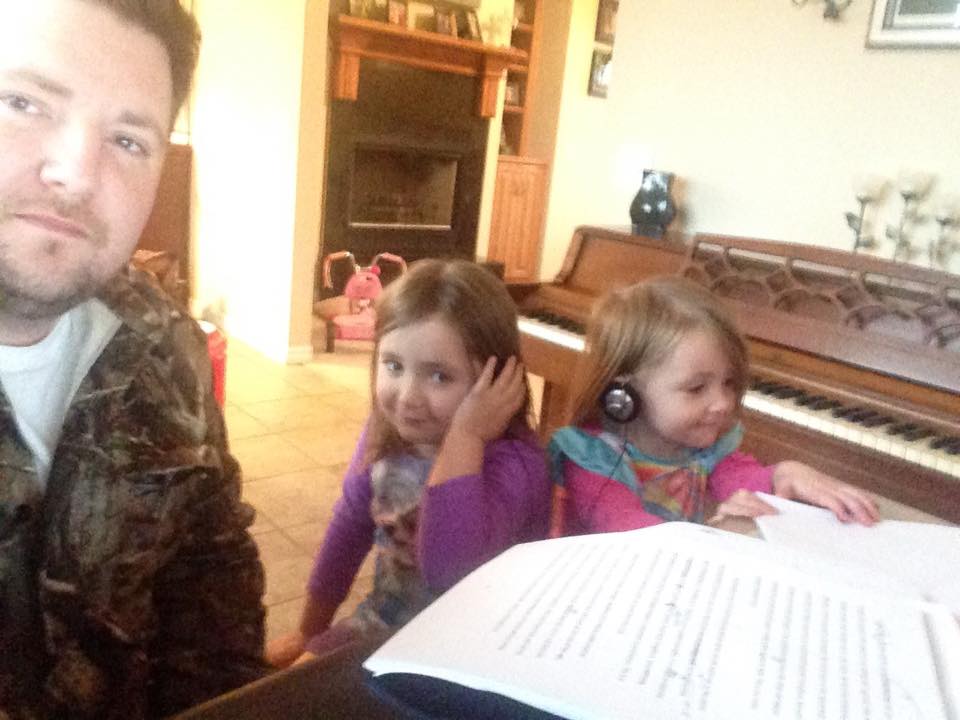
Like me you are probably trying to build a support team for your writing — a reading group, a…
March 26, 2016
My husband Don is starting his Appalachian Trail (AT) hike on March 13th. He’s had this passion on his…
March 21, 2016
Have you ever looked at the category words on the back of a book, above (or below) the bar…
March 20, 2016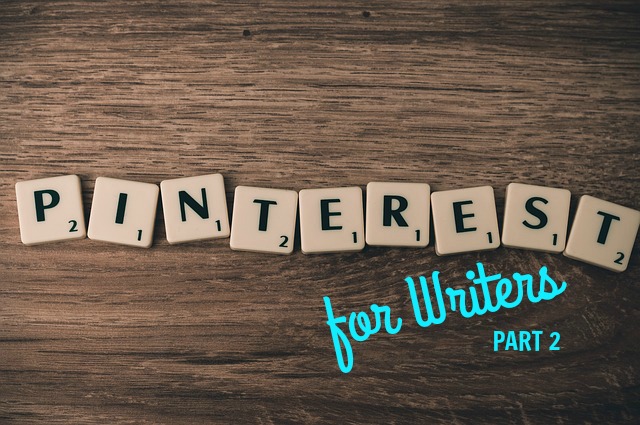
Pinterest for Writers: Part 2 When I teach computer classes for Christian writers and speakers, many attendees are surprised…
March 19, 2016
Students of English learn quickly that to every rule, there is an exception; sometimes the exception is the rule.…
March 18, 2016
Characters who violate a stereotype are interesting; by surprising us they pique our interest, make us want to explore.…
March 17, 2016
By Sandra Merville Hart Maps are hidden treasure for historical writers. If you haven’t used this key source of…
March 16, 2016
Conference season is upon us and social media is abuzz with encouragement to click a sign-up link and submit…
March 14, 2016
The Elicott City main street and hub bubbled with activity. People knocking off from work marched up and down…
March 13, 2016
We’re continuing to examine words that are used incorrectly. Enthused/Enthusiastic—Although enthused has become acceptable in standard usage, old school…
March 12, 2016
Plot Twists [bctt tweet=”Four elements to plot twists: 1) unexpected, 2) inevitable, 3) an escalation of what preceded it,…
March 11, 2016
For most writers, our passion to write was birthed from a passion to read. We grew up immersed in…
March 10, 2016
Social media is an important part of building a writer’s platform. With existing networks changing and new networks launching,…
March 9, 2016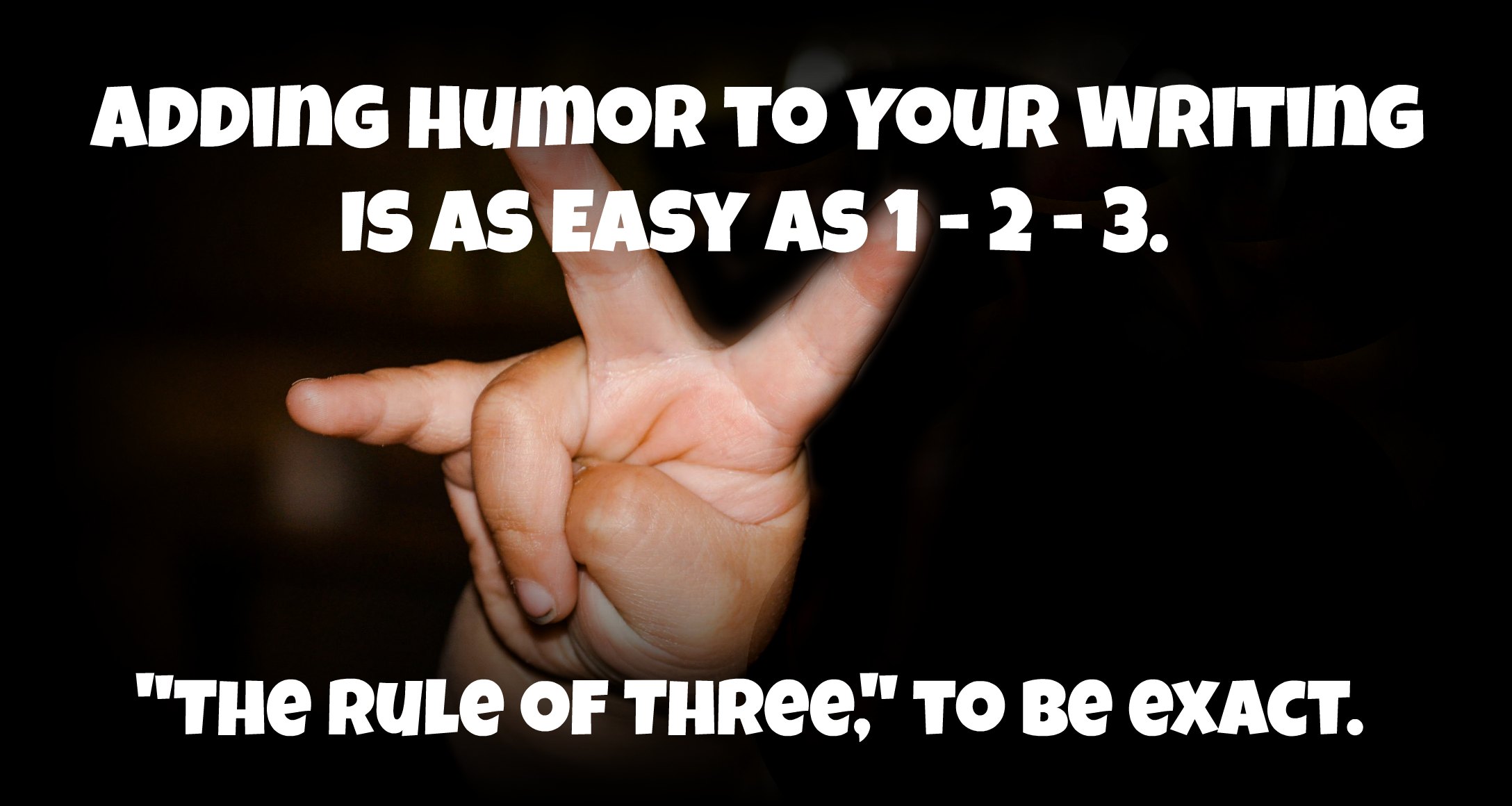
Adding humor to any type of writing is as easy as 1 – 2 – 3. Not 1 –…
March 8, 2016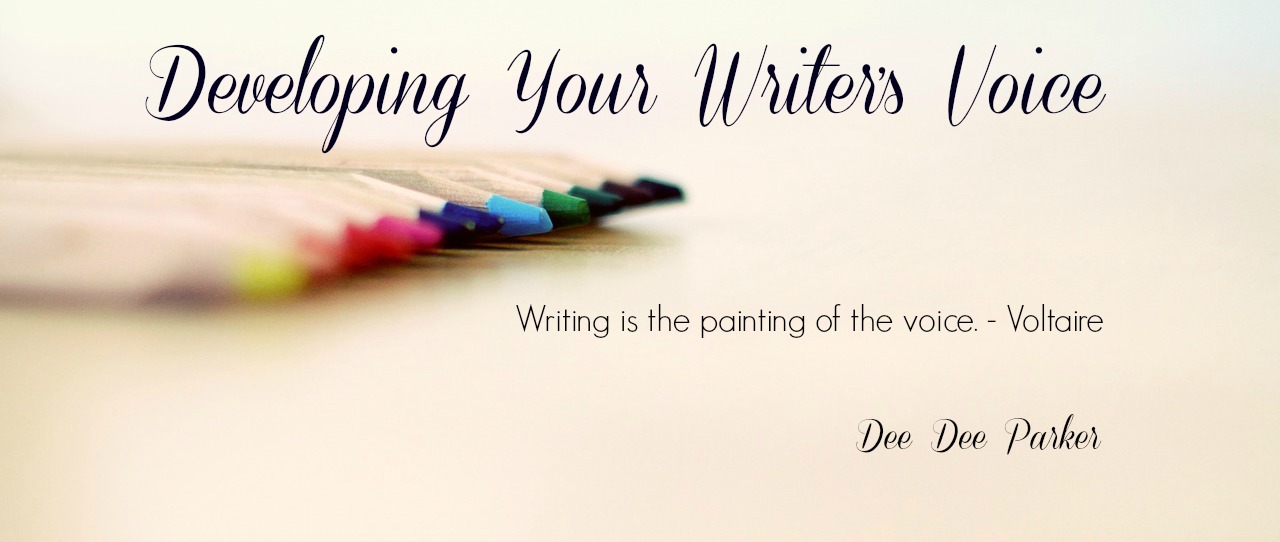
Many of us belong to writers groups that meet regularly with the goal of honing our writing skills, finding…
March 7, 2016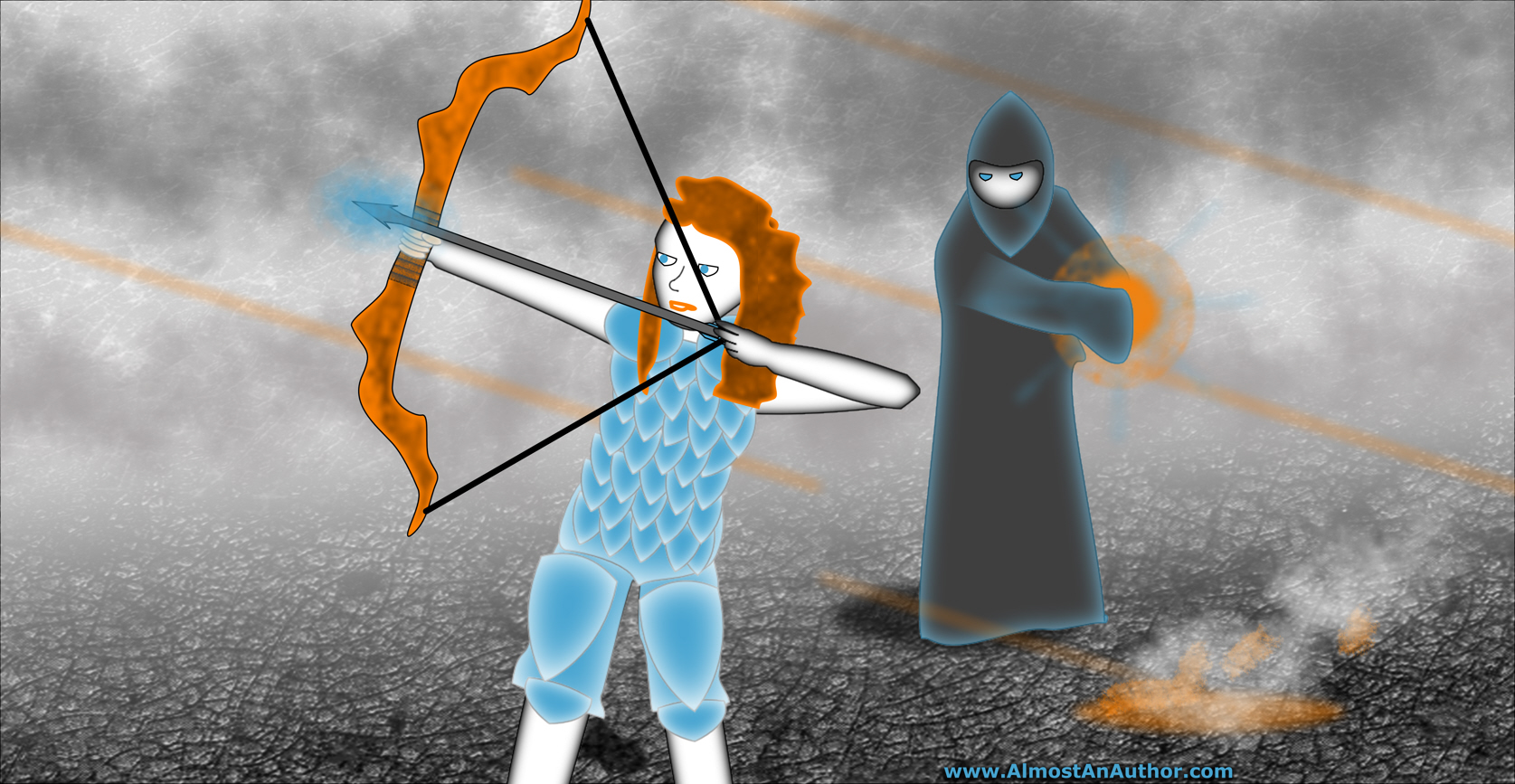
Military technology is an important consideration when writing speculative fiction, but sci-fi authors aren’t the only ones who need…
March 6, 2016
One unique attribute of poetry is the way it sounds. Using special techniques, such as alliteration, can bring your poems to life…
March 5, 2016
My husband knows when to walk in the door with an apple fritter. Not that there is ever a…
March 4, 2016
Elaine Marie Cooper If you have not read Part 1 of this two-part series on getting reviews, click here…
March 3, 2016



